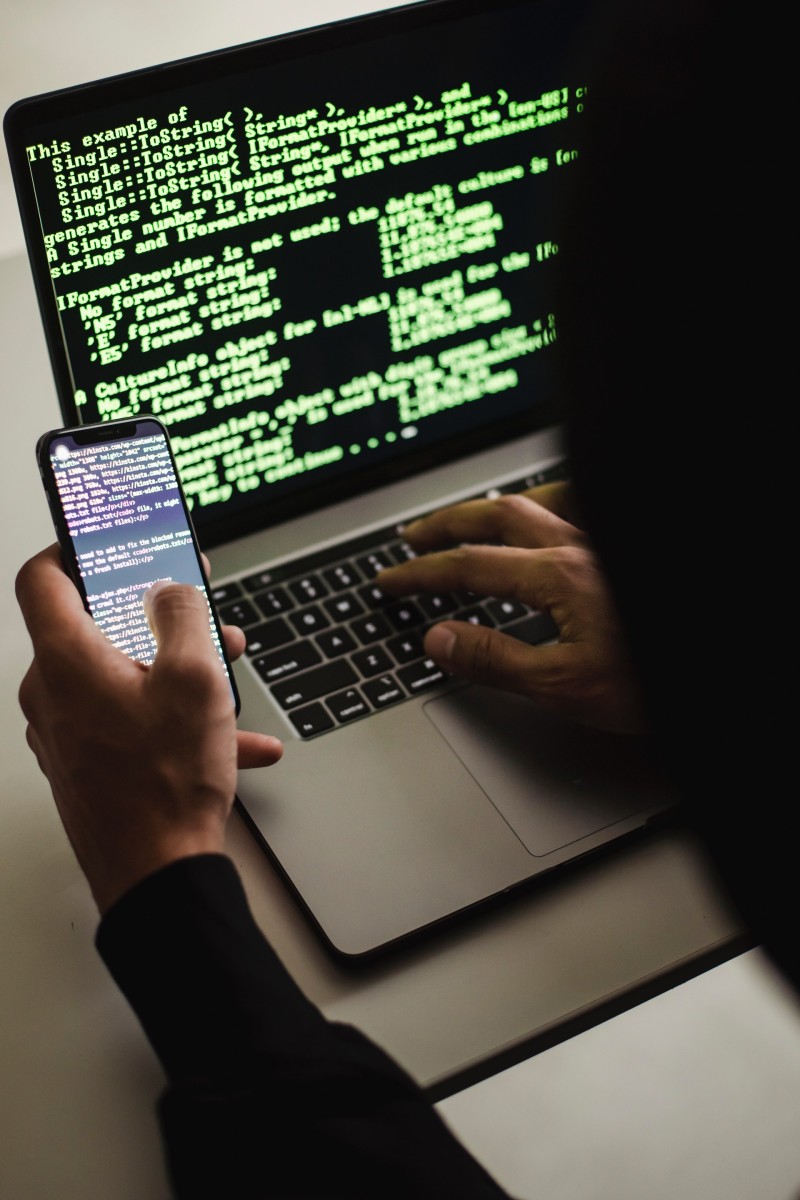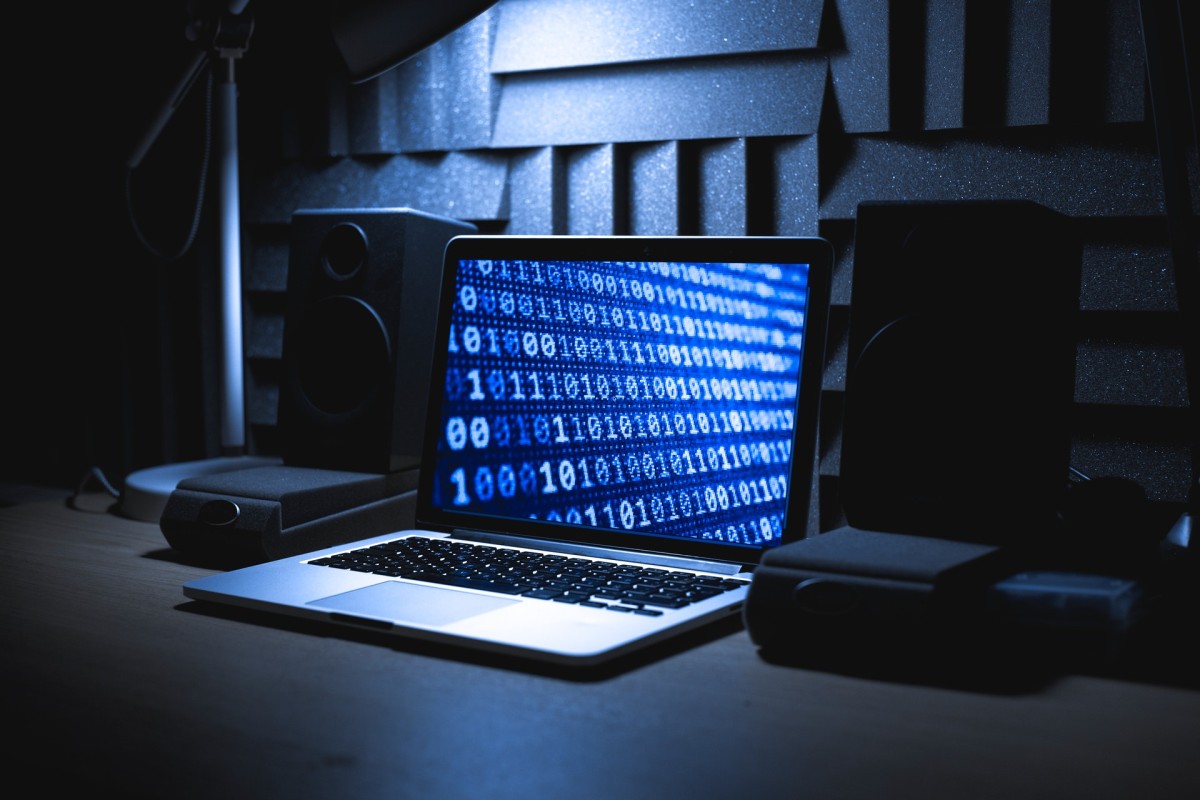How to tell if you have malware
This is one scenario you might not like, but that could happen to you anytime. While working on a project, annoying pop-ups suddenly appear on your computer.
The answer could be “yes,” which means that your computer may already be infected by a virus or next-generation malware, slowing down its performance.
This article will show you how to spot the most common warning signs of malware infection in computers running Microsoft Windows.

Your computer is slowing down. Whether surfing the Internet or using local apps, your system’s resource usage appears excessively high. Your computer might be whirring at maximum speed. This is a sign that your system is being used for other purposes.
This is usually caused by your computer being tied into a botnet (i.e., A network of computers that has been enslaved to do DDoS attacks, mine cryptocurrency, and blast out spam.
Unusual error messages keep appearing
Many viruses send out error messages to prompt suspicious users to authorize additional downloads or grant more system permissions. Although these messages may look like your computer’s error messages, they will not be able to replicate the style or wording of your computer’s messages.
You can search the Internet for the exact message wording to determine if the message is malware-related. Even if nothing is found, any mysterious or recurring error messages are a reason to visit a specialist.

Your computer is locked out of all files and your entire system. The hackers make their presence known by placing a ransom notice on your desktop or changing your desktop wallpaper to a ransom note (see GandCrab). The note will typically tell you that your files have been encrypted and ask for a ransom payment.
Your antivirus software will repeatedly tell you that it is disabled
Many clever malware viruses have self-defense mechanisms to prevent them from being removed or quarantined. Disable any antivirus software that is running on your computer. If your antivirus software has been disabled, it will alert you. This warning is especially important after you have reactivated your antivirus software.
How can I get malware?
Email and the Internet are two of the most popular ways malware can access your system. You are vulnerable if you have an internet connection.

Malware can infect your computer if you browse through hacked sites, view malicious ads on legitimate websites, download malware, install apps or programs from unknown sources, open malicious email attachments ( malspam), and download almost everything you find online to a device without an anti-malware security program.
Malicious apps may hide in legitimate applications. This is especially true if they are downloaded via websites or direct links (in an email, text, or chat message) instead of the official app store. It is important to read the warning messages before installing any applications. This is especially true if they ask permission to access your email address or other personal information.
How to protect your family’s devices
Keep up with updates. Install security software to protect your computer from viruses and malware. Regular updates provide you with the most recent security features, some of them designed to stop specific attacks.
Use strong, distinctive passwords. Each family device should have an encrypted password and a unique username. You should immediately change your factory settings and set up a schedule for your family to change your passwords.
Be aware of your apps. Only trust trusted sources to download apps. Third-party apps are best avoided. Before installing, research the app’s safeguards and read reviews. It is best to download apps from the official or associated app stores.

Do not click on that link. Pay attention to your digital surroundings. Slow down. Is that link suspicious? Phishing scams to load malware and viruses onto devices are often sent via email, text messages, and your trusted social networks.
Limit app permissions and lockdown settings. Instead of allowing an app to be “always-on,” change the permissions set so that it requires you to give permission each time. You can also decline to allow an app to access your contacts or connect with other apps within your digital ecosystem. You give up your data every time an app connects to other branches of your digital footprint.
Clear your browsing history. Spend some time going through your browsing history and data. Clear your browsing history by selecting your browser and clicking “clear your history and website data.”
Is it possible to be infected if there are no symptoms?
None of these warning signs are present. Is that a sign your computer is safe?
It doesn’t. Many viruses will go to avoid detection. They may also remove other viruses to ensure that they don’t get caught. They can gather more information from your computer the longer they stay on it, making them more dangerous.

This means that even if you think nothing is wrong with your computer, it is important to check it regularly and get antivirus protection. It would help if you kept your computer updated, especially security updates. Be wary of any suspicious emails or websites that could trigger malware downloads.
It may be worth considering investing in a monitoring service to help protect your business. You’re more likely than not to catch a virus before it spreads to other parts of your system.
Conclusion
If you suspect the malware is taking space on your computer, install a strong antivirus program or security software immediately. Do you have one? It appears that the malware slipped beyond its defenses. It occurs. Run an update manually to ensure that your antivirus is updated with the most current malware definitions, and then conduct a complete scan.
Suppose you’re still struggling with an unwelcome program that your normal security program can’t eliminate (or you want to ensure that your system is safe). In that case, you can check your computer again using an aggressive program focused on cleanup like Malwarebytes. Make sure you remove that malicious, nascent program from your system as quickly as possible before it allows allies to make your security concerns even more threatening.
After you’ve resolved the immediate issue, check your defenses. You should ensure that you’ve got an antivirus or security program that has been awarded high marks by PCMag and ensure that everything is current. It should take care of safeguarding your data locally. To further protect your data, you can install a virtual private network known as a VPN. By running your internet connection through an encrypted channel, the VPN safeguards your information even while it’s traveling.



